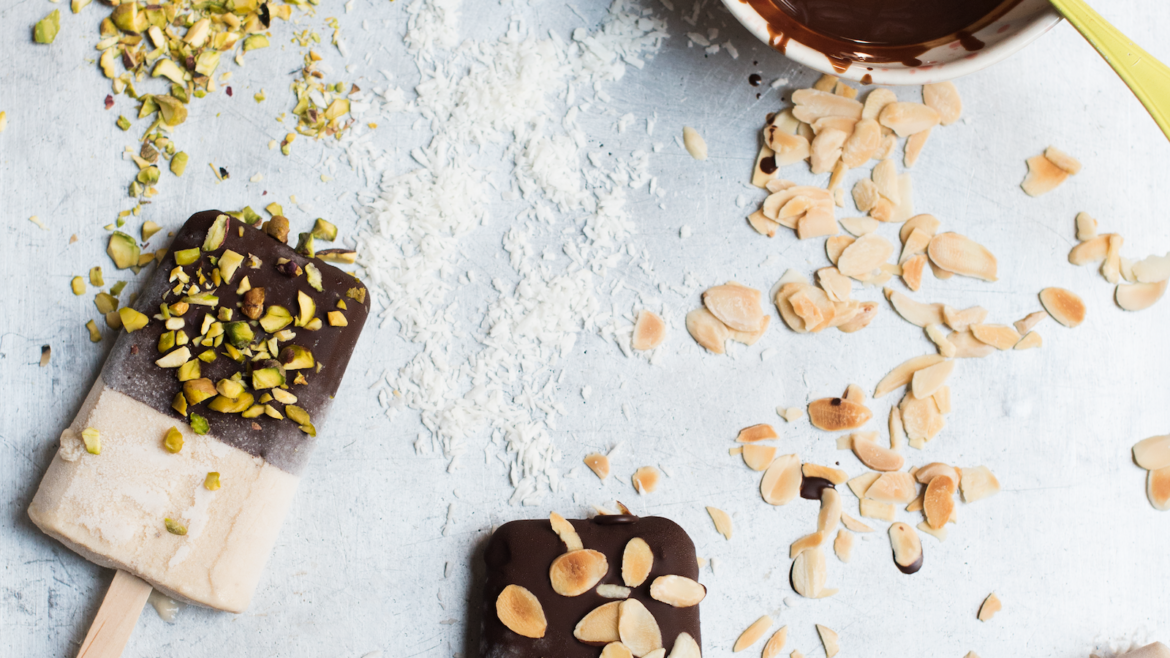(The Food Medic is an educational platform and media group founded by Dr. Hazel Wallace. Her aim is to bridge the gap between traditional medical advice and the latest thoughts and developments in nutrition and other areas of lifestyle)
I just wanted to take this time to reflect on the label ‘clean’ eating and the language we use to describe our dietary preferences.
The words we use to describe food are more important than many of us realise. It not only affects what we eat but how we feel after we eat it.
Like many others, in the past I’ve used ‘clean-eating’ as a synonym for ‘healthy-eating’ without, really thinking through the consequences of labelling foods as good and bad.
I no longer use the term ‘clean-eating’ because I think attaching words like “clean” or “guilt-free” to certain foods, and “dirty”, or “cheat” to others implies that certain foods are off bounds and those who eat those foods are unclean and should feel guilty.
One person’s idea of ‘clean’ eating may be totally different to another person.
Typically people use it to describe what they believe is healthy eating. This may be a diet free of sugar, fat, or processed foods, or it may represent their dietary tendencies i.e. vegan, paleo, raw etc. This can lead to judgement and fear about what we should or shouldn’t be consuming, which, for some people, can lead to unhealthy and obsessive behaviour around food.
I also fear that those who try to adhere strictly to their ‘clean-eating’ rules, will end up restricting important food groups, missing out on nutrients, negatively impacting their social life, and ultimately developing an unhealthy relationship with food – the opposite of what they probably intended to achieve in the first place.
In my eyes – everything in moderation, and no food is off limits.
Food is much more than a source of energy – it’s a part of our heritage, it’s tradition, it brings friends and family together.
Source: Dr Hazel Wallace, The Food Medic.com
